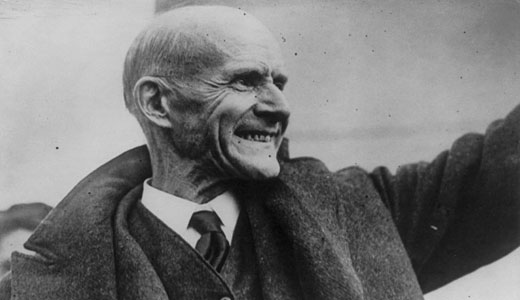 I was very happy to run across a resource this morning for Catholic unionists and those who are interested in the Church’s teaching on economic justice. It’s called the Catholic Labor Network.
I was very happy to run across a resource this morning for Catholic unionists and those who are interested in the Church’s teaching on economic justice. It’s called the Catholic Labor Network.
Here’s the description from their Website.
“The Catholic Labor Network hopes to be a place for those Catholics, lay, religious and clergy, who are active in their churches and in unions to learn about their Church’s teachings as regards to labor issues, pray for those who are working for economic justice and share information about events and struggles that may be taking place in their area. For over one hundred years, the Catholic Church has been a voice of support for workers, and a conscience to the body politic when it pondered issues dealing with the distribution of wealth and the condition of workers.”
Here are some links.

